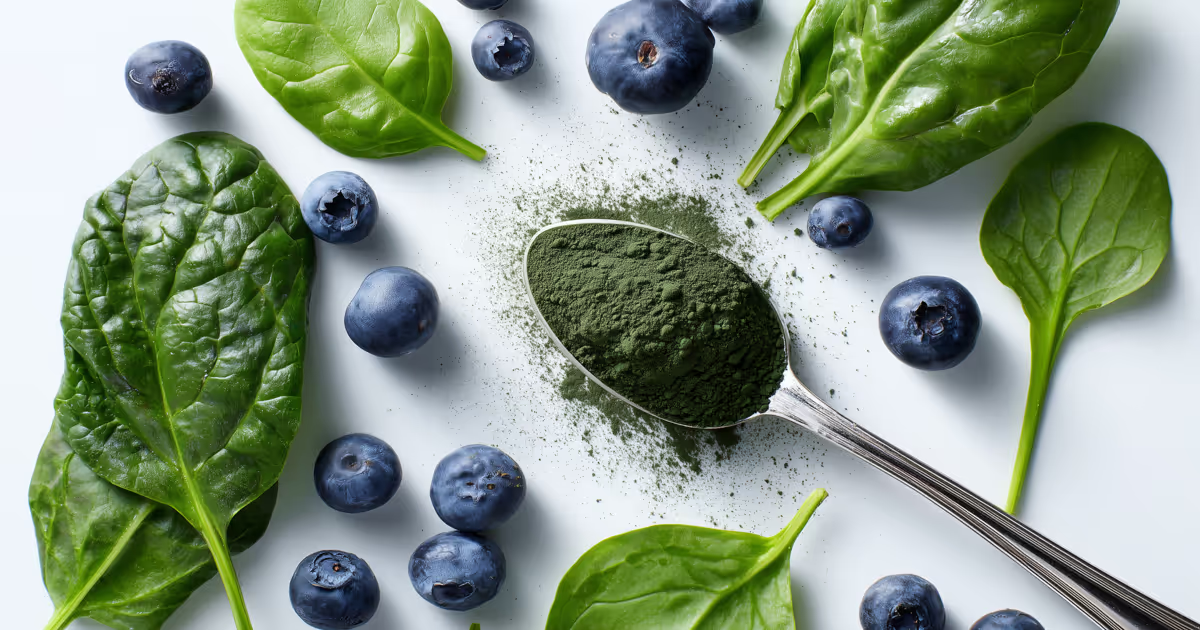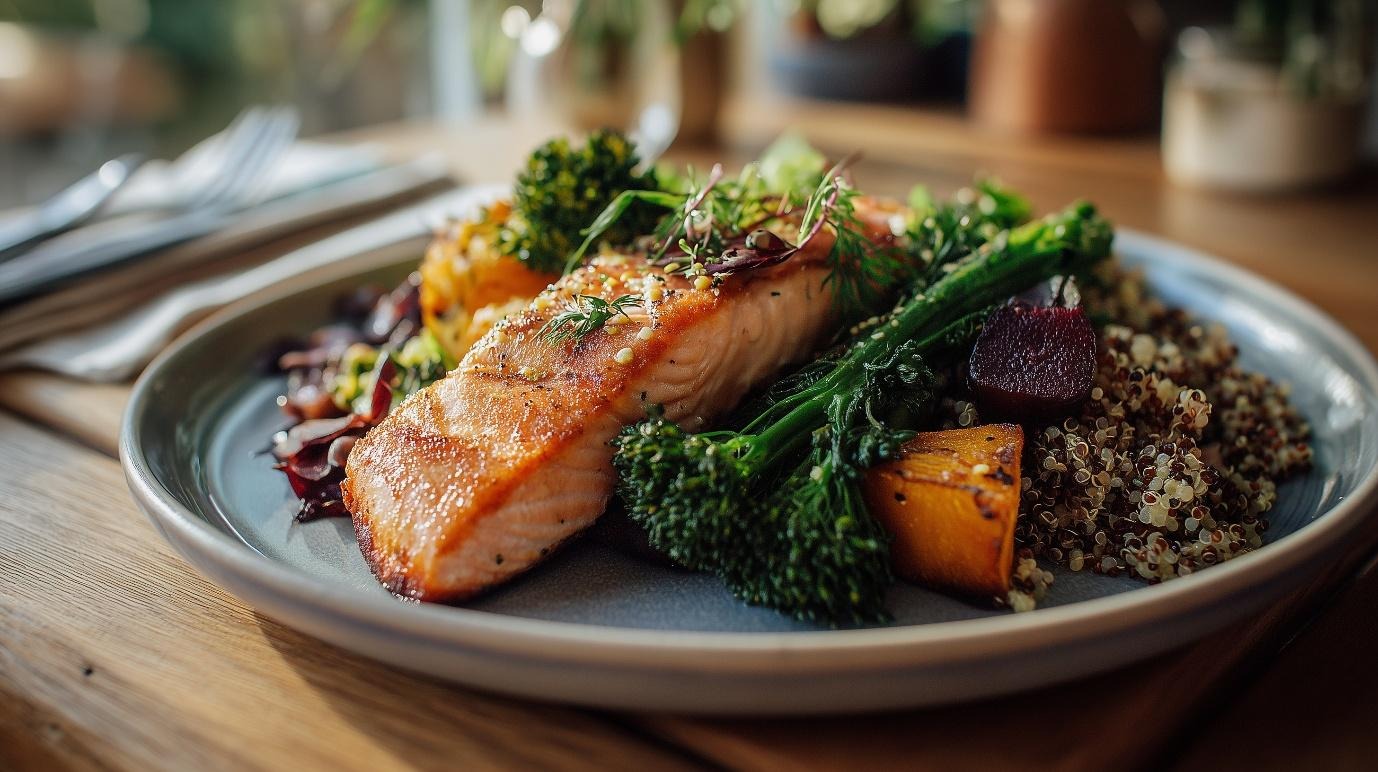
Introduction
Over the past few years, New Zealand has seen a renewed focus on natural nutrition, with people seeking out natural products that support wellbeing, balance, and more energy in daily life. From farm-fresh produce to carefully prepared supplements, the path of nutrition is no longer just about food—it is about lifestyle health, knowledge, and the science behind making informed choices.
This article explores what natural nutrition means, how nutritional and lifestyle health intersect, the role of holistic knowledge, and why clear rules around nutrition and health claims are essential to protect consumers in Aotearoa and beyond.
What Is the Meaning of Natural Nutrition?
Natural nutrition refers to nourishing the body with foods and supplements derived as close to their natural state as possible. It focuses on whole foods, minimal processing, and quality preparation. At its core, natural nutrition values taste, complete nutrient balance, and the prevention of health issues by supporting physiology and general health through good nutrition.
What Is the World’s No. 1 Nutrition Food?
While there is no single agreed-upon “world number one nutrition food,” many health professionals recognise leafy green vegetables like spinach or kale as nutrient-dense choices due to their high levels of vitamins, minerals, and phytonutrients. These foods deliver vitamins, minerals, and phytonutrients essential for wellness. In New Zealand, produce such as silverbeet, broccoli, and berries often take centre stage in nutritional programmes thanks to their delicious flavour, versatility in recipes, and ability to support energy and wellbeing.
What Are the Seven Types of Nutrition?
Nutrition is built upon seven essential categories:
These types form the backbone of nutritional knowledge taught in NZ diploma courses and applied by clinical nutritionists and holistic nutrition professionals.
What Is the Healthiest Natural Diet?

The healthiest natural diet is one that balances local produce, whole foods, and moderation. In New Zealand, this might mean meals centred around fresh vegetables, seasonal fruit, lean proteins, whole grains, and dairy alternatives where needed, in line with general healthy eating patterns recommended by public health authorities. Cooking classes often emphasise delicious, simple recipes that bring balance, variety, and preparation skills into daily life.
A truly healthy diet also accounts for lifestyle health—meal timing, portion size, and how nutrition fits within a person’s wellbeing programme.
Natural Nutrition in Daily Life
Natural nutrition is not just a concept; it is part of everyday meals. From a free breakfast smoothie shake made with one scoop of natural powder to hearty dinners rich in vegetables, people can support their overall wellbeing and balanced eating habits in daily routines. Applying holistic knowledge in cooking and preparation allows families to eat healthily without sacrificing taste.
Nutritional and Lifestyle Health
Lifestyle health means integrating good nutrition with daily activity, stress management, and sleep. Nutritional programmes often highlight how minerals and vitamins interact with physiology to assist people with specific health conditions. Over the past decade, schools, workplaces, and wellness teams across New Zealand have placed emphasis on educating students, graduates, and clients on complete health, balance, and prevention.
Holistic Nutrition and Its Levels
Holistic nutrition takes into account not only food, but also life, wellbeing, and energy. At a holistic nutrition level, people consider emotional, physical, and environmental influences on meals and health. Applying holistic knowledge ensures nutritional programmes support long-term wellness rather than quick fixes.
Sports Nutrition in New Zealand
Sports nutrition plays a vital role in performance. Athletes require more energy, precise balance of protein, and specific minerals to support recovery. Clinical nutritionists often design customised programmes to support clients with meal preparation, recipes, and the correct use of supplements. Whether purchased through pharmacies or from a team of qualified providers, high-quality products designed for sports nutrition can support structured nutrition plans for active individuals.
The Role of Clinical Nutritionists

A clinical nutritionist in New Zealand applies science, anatomy, physiology, and biochemistry to address nutritional concerns. They assist people with specific health conditions, educate clients on food preparation, and design personalised programmes. With training through diploma or higher education courses, these professionals support people’s wellbeing in both community and clinical settings.
Natural Medicine and Nutrition
Natural medicine often overlaps with holistic nutrition, emphasising lifestyle, prevention, and wellness. While it does not make therapeutic claims, natural medicine uses natural products, minerals, and vitamins as part of general wellness support, not to treat or cure specific conditions. Many nutrition schools in New Zealand provide courses that combine natural medicine knowledge with practical cooking classes and research skills.
Education Pathways in New Zealand
Undertaking higher education in nutrition equips students with the knowledge and skills to contribute to people’s wellbeing. From an NZ diploma in nutrition to advanced degree programmes, students learn physiology, anatomy, science, and the preparation of delicious meals. Graduates often go on to create nutritional programmes, support clients in pharmacies, and educate schools, workplaces, and the public.
Cooking Classes and Community Programmes
Cooking classes have become popular in recent years, teaching students and clients how to prepare recipes that balance taste, nutrition, and energy. These programmes often focus on healthy breakfast options, free recipe ideas, and preparation techniques that make daily meals enjoyable.
Natural Nutrition and Product Quality
When purchasing natural products, quality is key. Supplements and shakes marketed as natural should be formulated based on current nutritional science and manufactured according to food safety and quality standards. Pharmacies and health stores across New Zealand often stock a great product range designed to support energy, wellbeing, and nutrition.
The Difference Between Nutrition Content Claims and Health Claims
One of the most important areas of nutritional knowledge in New Zealand is understanding the difference between nutrition content claims and health claims.
Therapeutic claims—those that imply curing or preventing disease—are prohibited. This ensures consistency across Australia and New Zealand, protecting consumers from misleading marketing.
Endorsements and Consumer Protection
Another critical aspect is endorsement independence. Any programme, product, or shake claiming support must not rely on paid endorsements that could mislead consumers. Transition rules for new “added sugars” claims highlight how the system evolves to reflect current research. These regulations ensure natural nutrition products deliver quality, balance, and accurate information.
How These Rules Protect Consumers
By applying strict definitions and requiring evidence, New Zealand’s food standards system contributes to people’s wellbeing. Consumers can trust that when they purchase food or supplements with nutrition content claims, the product has met high standards. This protects clients, supports general health, and promotes wellbeing in daily life.
Natural Nutrition in Daily Practice
Natural nutrition is not just theory—it is preparation, cooking, and creating balance. From choosing whole foods at the supermarket to mixing one scoop of a natural shake for breakfast, people in New Zealand integrate nutrition into their lives. Delicious meals, researched supplements, and complete programmes combine to support balanced eating and an active lifestyle for all ages.
Conclusion
Natural nutrition in New Zealand continues to grow in importance, from farm-fresh produce to carefully designed supplements. Through higher education, holistic knowledge, and clear consumer protections, people are empowered to eat well, support their wellbeing, and apply nutritional science in daily life.
Disclaimer
This article is intended for general informational purposes only and does not replace professional advice. It does not provide therapeutic claims or recommendations for specific health conditions. For personalised guidance, please consult a qualified clinical nutritionist, dietitian, or healthcare professional in New Zealand.
Join The Hub community. Subscribe today and receive a monthly email with our newest blogs and articles on health, wellness, and nutrition to keep you informed and inspired.
By signing up you agree to our User Agreement and Privacy Policy & Cookie Statement

By accessing, browsing, or using this website (the “www.newimage.world/thehub”), you acknowledge and agree to the terms of this Disclaimer. The Website, including its blogs, podcasts, videos, and any other content (collectively, the “Content”), is operated by New Image™ International (“the Company,” “we,” “our,” or “us”).
All Content made available on this Website is provided strictly for general informational and educational purposes only. The Content does not constitute, and should not be relied upon as, medical advice, diagnosis, treatment, prescription, or professional health consultation of any kind.
The Company makes no representations or warranties regarding the accuracy, completeness, reliability, or timeliness of the Content. The Content may include information collected from external or third-party sources, and we do not independently verify such information. Accordingly, no nutritional, health, or wellness claims are endorsed, warranted, or guaranteed by the Company.
To the fullest extent permitted by applicable law:
Your use of the Website does not establish any doctor–patient, nutritionist–client, or other professional relationship between you and the Company or any of its representatives.
The Website may include references, links, or access to third-party websites, podcasts, or resources. The Company does not control, endorse, or assume any responsibility for such third-party content and shall not be held liable for any damages arising from your use of or reliance on it.
By clicking “Accept” on the Website’s pop-up disclaimer, you expressly acknowledge that you have read, understood, and agreed to be bound by this Disclaimer. Your continued use of the Website constitutes ongoing acceptance of these terms. If you no longer agree with this Disclaimer, you must immediately discontinue use of the Website.
Join The Hub community. Subscribe today and receive a monthly email with our newest blogs and articles on health, wellness, and nutrition to keep you informed and inspired.
By signing up you agree to our User Agreement and Privacy Policy & Cookie Statement
